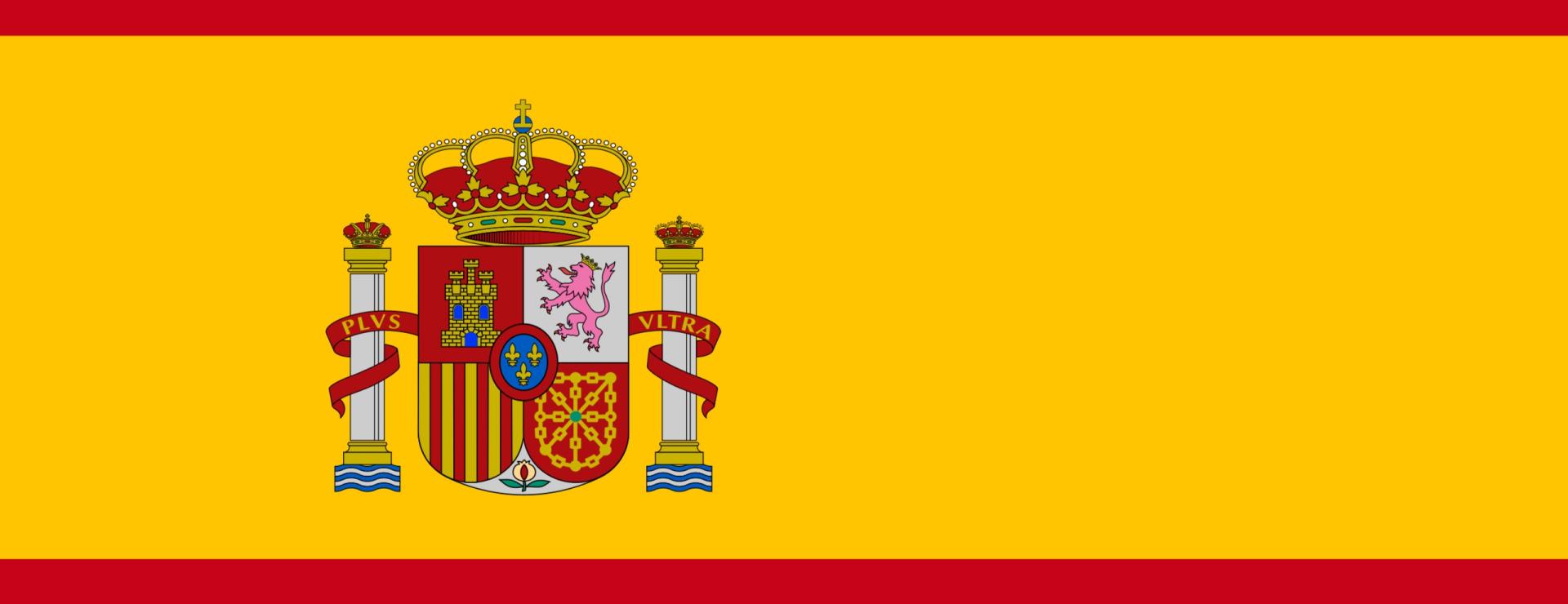Foreign Languages
At Rivington we believe that learning a language provides an opening to other cultures. A high quality languages education should foster pupil’s curiosity and deepen their understanding of the world. The teaching should enable pupils to express their ideas and thoughts in another language and to understand and respond to its speakers, both in speech and in writing. It should also provide opportunities for them to communicate for practical purposes, learn new ways of thinking and read great literature in the original language. Language teaching should provide the foundation for learning further languages, equipping pupils to study and work in other countries. Where possible, our Languages curriculum will be linked to our school values: Respect, Protect, Give Thanks and Keep Peace.
Curriculum Intent
At Rivington, we believe that the learning of a language provides a valuable educational, social and cultural experience for our pupils. It is our intention that children will make substantial progress in one language, Spanish, developing communication skills in speaking, listening, reading and writing. In addition, children’s knowledge of how language works will be developed to lay the foundations for further language learning in future. We strive to stimulate and encourage children’s curiosity about language and develop their awareness of cultural differences in other countries.
Implementation
Children develop their love of language learning and develop skills throughout their time in school. In KS1, Spanish is introduced through topic related activities, focusing on practical games, stories and singing to develop an awareness of the language and vocabulary in the Summer term. In KS2, children are taught in weekly sessions. We aim for our children to develop an appreciation of songs and stories in Spanish throughout their time at the school.
Our school follows the Primary Languages Network scheme of work, which is adapted to meet the needs of our own children. Spanish is taught through topics, age and stage appropriate, linking to the school calendar and times of the year to enable cross curricular links. The Primary Languages Network is adapted to support confident Spanish speakers to deliver creative lessons as well as enabling all class teachers to deliver exciting, focused lessons using sound clips and engaging resources. As we acknowledge children’s different learning styles, our children learn through active participation in actions, rhymes, stories, song, grammar focus, video clips, sentence structure, dictionary work, book making and many more creative ways to extend, embed and combine language skills.

Impact
Our Spanish curriculum will ensure all pupils develop key language learning skills, as set out by the national curriculum, as well as a love of languages and learning about other cultures. These are as follows:
• understand and respond to spoken and written language from a variety of authentic sources
• speak with increasing confidence, fluency and spontaneity, finding ways of communicating what they want to say, including through discussion and asking questions, and continually improving the accuracy of their pronunciation and intonation
• write at varying length, for different audiences and purposes, using the variety of grammatical structures that they have learnt
• discover and develop and appreciation of a range of writing in the language studied
The learning challenges used, to plan and teach Spanish, ensure that children are accessing work at age related expectations, with regular opportunities to be challenged through higher-level objectives. Children are assessed half termly, according to age related expectations in line with curriculum requirements, using the Primary Languages Network resources where appropriate. Children’s learning will be informally assessed through questioning, work in folders and observations. Assessment data, as well as the child’s voice, will be monitored through learning walks and data analysis throughout the year.
Equality and SEN Statement
At Rivington Primary School we aim to provide equality of opportunity for all children whatever their age, ability, gender, race, religion or background. We aim to create an environment that values each pupil and enables them to achieve their full potential. We provide a broad and balanced curriculum appropriately differentiated to respond to pupils’ diverse learning needs. The opportunities and experiences we provide enable our pupils to participate fully and give their best across all aspects of school life. We place great value on the quality of relationships within our school community and celebrate the achievements of all pupils.
We appreciate that children may have special educational needs throughout, or at any time during their school career. At Rivington Primary School we aim to facilitate the full inclusion of pupils with special educational needs.
Language learning prepares pupils to participate in a rapidly changing world in which work and other activities are often carried out in languages other than English. The rise of international commerce means that pupils need to be equipped with the skills needed by the international workplace. The choice of which language to teach is secondary to the lifelong language learning skills that the pupils will be encouraged to develop. Skills that they will be able access in the future, to learn new languages or to improve their competence in an existing language. Increased capability in the use of Languages promotes initiative, confidence and independent learning and encourages diversity within society.
.jpg)
 Rivington Primary School
Rivington Primary School